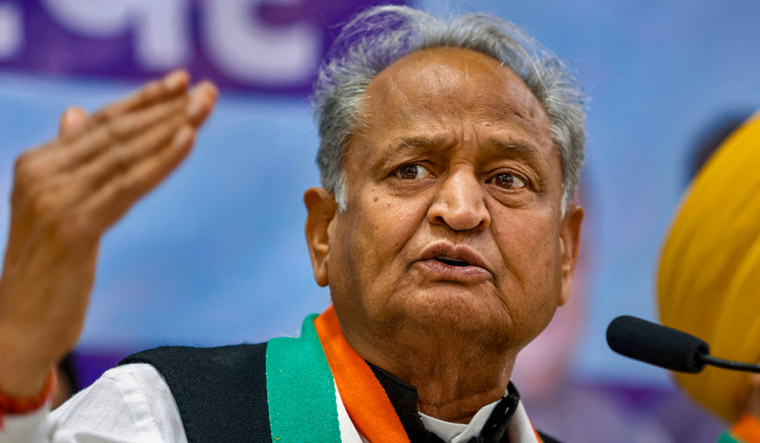NEW DELHI
In the 2018 elections in Rajasthan, the victory margin of winning candidates was less than 5,000 votes in approximately 20% of the Assembly constituencies. In one out of every five constituencies in Rajasthan, the victory margin was less than 1,000 votes, seven were one-on-one fights between the two major parties. Voting on 25 November will bring these pivotal constituencies back into the spotlight. The winner of these seats would be determined in the majority of instances not only by the amount of effort put forth during the campaign, but also by the total number of votes cast for his or her nearest competitors, which would include independents, dissidents, and the second runner-up. In the 2018 elections, Congress won 99 seats just one short of a majority, with a 39.8% vote share. The Congress formed the government in Rajasthan after striking agreements with the independent MLAs and the Bahujan Samaj Party. The BJP won only 73 seats, with a 39.3% vote share.
Out of the 200 constituencies, there were 39 seats on which the victory margin was less than 5,000 in 2018, and nine of them were under three digits. In fact, the closest fights in Asind seat (Bhilwara) had margins as narrow as 154 votes. In the assembly election, Jabbar Singh Sankhala of the BJP defeated Manish Mewara of the Congress by the narrowest margin. The other such nail-biting finish was the contest between Khushveer Singh, who fought as an independent candidate, and the BJP’s Kesaram Choudhary in Marwar junction. Singh received 58,921 votes compared to Choudhary’s 58,670 and won by a mere 251 votes. Similar to Pilibanga (SC), where the contest was close Dharmendra Kumar of the BJP (1,06,414 votes) beat Vinod Kumar of the Congress (1,06,136 votes) by just 278 votes.

